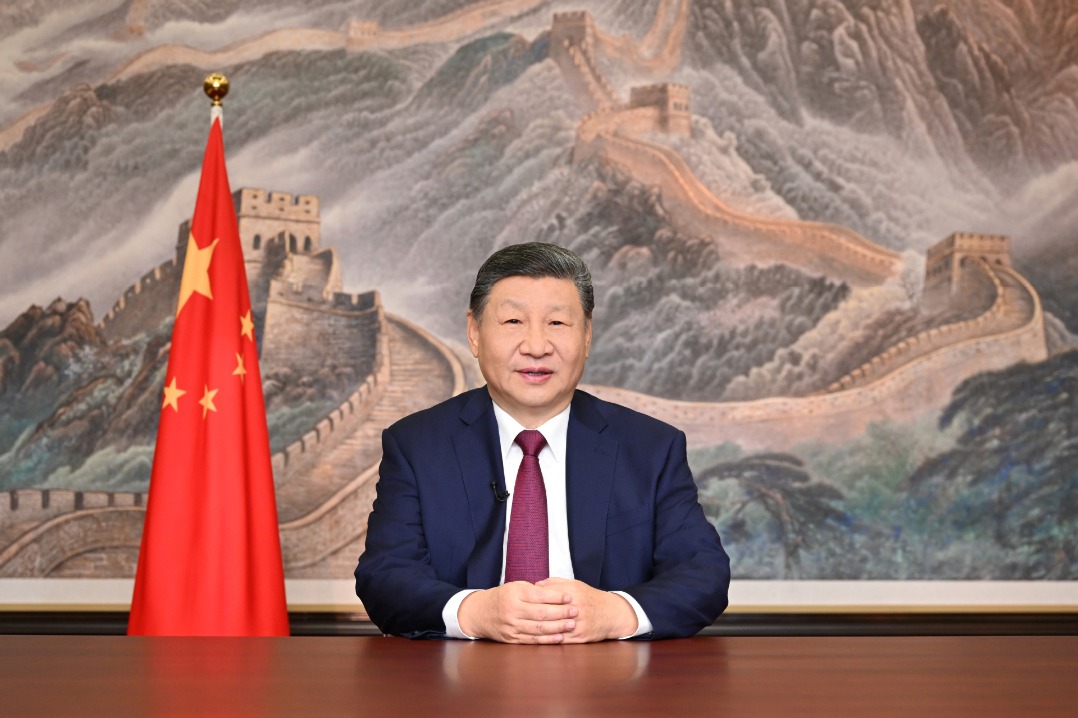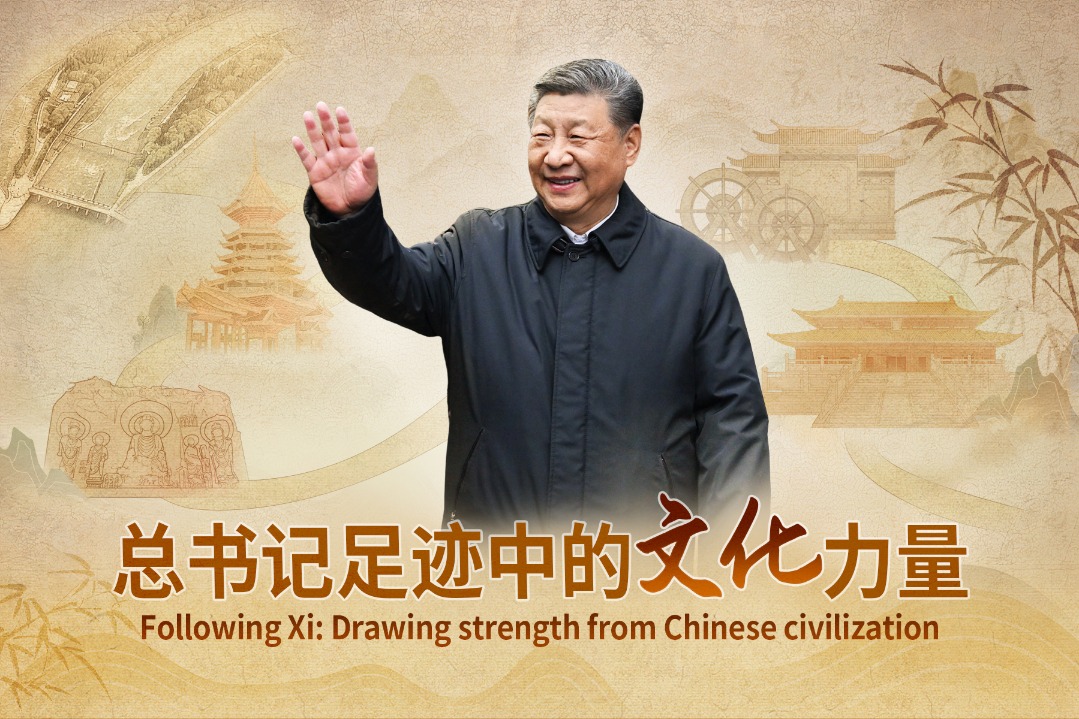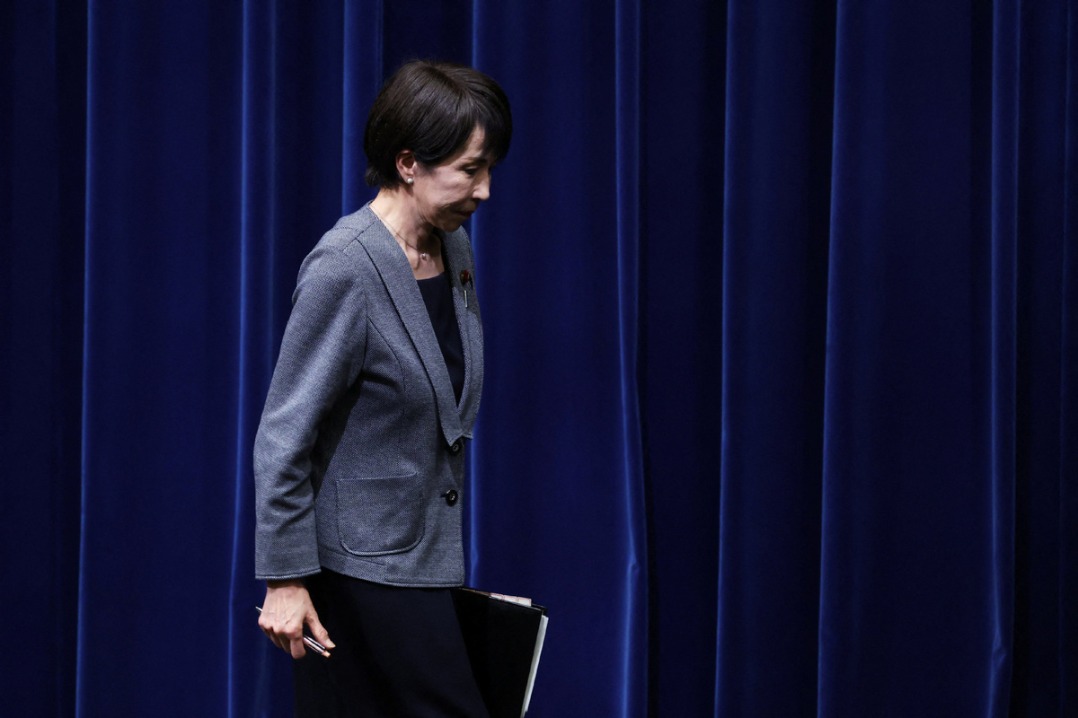Friend of Global South
China supports the least developed countries, demonstrating its willingness to unlock the potential of inclusive global development governance

China supports the least developed countries, demonstrating its willingness to unlock the potential of inclusive global development governance

The United Nations raised the issue of the development of the least developed countries as early as the 1960s and 1970s. At that time, the "establishment of a new international economic order" was the main agenda for international development.
However, the new global development landscape provides a new context for this issue. On the one hand, global challenges such as climate change, public health and economic recession are compounding into multiple risks, with the least developed countries being the most vulnerable.
On the other hand, in the context of deglobalization, the sluggish global economic recovery and intensifying geopolitical conflicts, the supply of global public goods from developed countries and their support to the least developed countries have become more challenging. Consequently, how to mobilize resources from new development actors including emerging economies to support the least developed countries is becoming a critical issue.
The current list of least developed countries totals 46, including 33 in Africa, nine in Asia, three in the Pacific and one in the Caribbean. These countries have a combined population of approximately 880 million or 12 percent of the world's population, whereas their combined GDP is less than 2 percent of the world's total.
There are four challenges facing the least developed countries.
First, they face the challenge of poverty reduction. About 75 percent of the population in the least developed countries is still in deep poverty. Limited access to education and health services hinder economic and social progress. In addition, the global economic downturn will bring enormous pressure to their poverty reduction efforts, and increase their risk of sliding back into poverty.
Second, foreign aid, primarily from the OECD countries, is under the pressure of the myriad crises. In trying to cope with the economic shock of the COVID-19 pandemic, many developed countries' willingness and ability to provide foreign aid has declined. At the Fifth United Nations Conference on the Least Developed Countries held this year, only a few developed countries, such as Germany, Canada and Finland, made commitments to provide practical support for the least developed countries.
Third, the least developed countries need more access to resources and are overly dependent on external aid. In particular, they need more access to capital, infrastructure resources and technology. Reliance on exporting commodities such as minerals and agricultural products has led to instability following the global crisis. Ever since the Russia-Ukraine conflict began, the least developed countries have faced challenges due to the global market's fluctuating food and energy prices. It is worth mentioning that the least developed countries rely heavily on external financing, with over two-thirds of its funding coming from official development assistance provided by developed countries.
Fourth, the least developed countries are dealing with the dual challenges of climate change and structural transformation, which puts them under significant pressure. Although a worldwide consensus exists to enhance the shift toward sustainability, it is crucial to consider the substantial threats climate disasters pose. Between 2017 and 2021, the least developed countries suffered approximately 19 percent of the world's climate, weather and water-related disasters. The latest Least Developed Countries Annual Report 2022 notes that the least developed countries have significant financial and technological gaps in their capacity to address climate change.
China has always been concerned about the situation in the least developed countries and their development. In recent years it has significantly increased support for countries in the Global South, which have been the main beneficiaries of China's foreign aid.
From 1950 to 2009, China provided almost 40 percent of its foreign aid funding to the least developed countries. Between 2010 and 2012, the proportion increased to 52.1 percent. From then until 2018, aid to the least developed countries remained at about 45 percent. Furthermore, considerable investments have been made in various infrastructure projects such as healthcare, schools, drinking water, electricity, and other livelihoods. Additionally, debt relief initiatives have also been implemented.
When cooperating with the least developed countries, China acknowledges their individual development needs and views them as active participants in their growth. Therefore, it has created development cooperation mechanisms more pragmatically and introduced related policies to facilitate the shaping of a mutually beneficial and win-win situation. In the 2017 Annual Report of the Least Developed Countries, the UN mentions that China has become the largest investor in these countries, with foreign direct investment from China reaching $31 billion between 2010 and 2015. Also, China and the African Union have collaborated on development projects related to health and infrastructure to promote multilateralism and meet a multipolar world's needs. Moreover, China has sparked growth in various industries and highlighted the possibilities for collaboration with the least developed countries by providing collaborative development opportunities to facilitate the least developed countries' access to global markets. Since 2010, China has implemented zero tariffs on more than 4,700 tariff lines of the least developed countries.
China has shown interest in and support for the most vulnerable countries in the Global South, demonstrating China's willingness to provide global public goods and unlock the potential of inclusive global development governance.
Xu Xiuli is the dean of China Agricultural University's College of International Development and Global Agriculture. Gao Ya is a PhD student in China Agricultural University's College of International Development and Global Agriculture. The authors contributed this article to China Watch, a think tank powered by China Daily.
Contact the editor at editor@chinawatch.cn


































